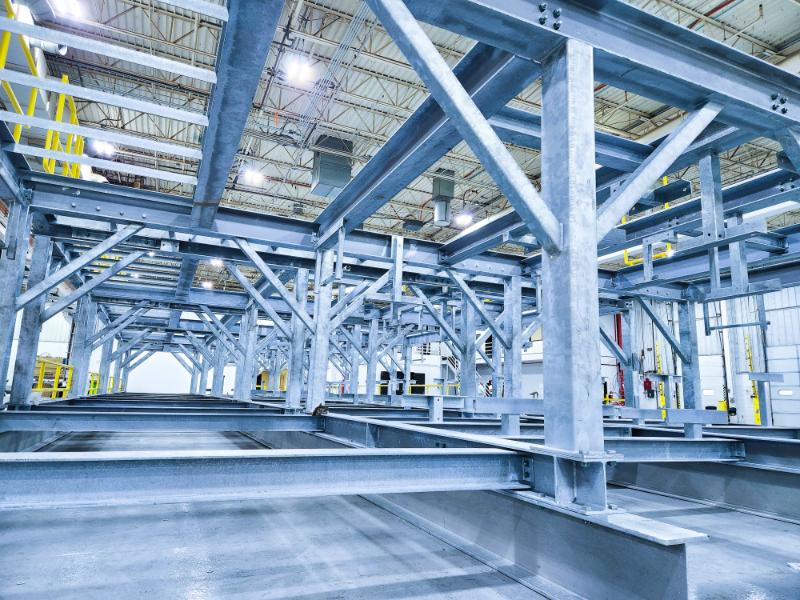We encounter a lot of terminology overlap in the construction industry, particularly when it comes to the terms Off-Site Construction, modular, and prefabricated. Those terms have shared meaning and understanding, but the delivered results are far from uniform. While the terms are used interchangeably, the meanings or projects described can be very different.
 Traditionally, terms like prefab and modular have been used to describe the bundling of construction processes in a way that can be efficiently repeated many times over – aka “productized”. One well-known example of this is the manufactured home; consumers choose from a relatively narrow catalog of pre-determined models. The designs are already determined, and customizations, if any, are limited to aspects like colors and finishes.
Traditionally, terms like prefab and modular have been used to describe the bundling of construction processes in a way that can be efficiently repeated many times over – aka “productized”. One well-known example of this is the manufactured home; consumers choose from a relatively narrow catalog of pre-determined models. The designs are already determined, and customizations, if any, are limited to aspects like colors and finishes.
That high-volume, repeatable, productized approach to prefab and modular can extend to large commercial projects as well. For instance, the construction of a new medical center might consider the integration of several hundred bathroom “pods” that are prefabricated and installed as part of the building process. To maximize efficiency, the project team would aim to standardize on a small handful of different “pod” types in order to maximize the number of units that can be built identically.
In these examples, the prefabricated output has more in common with assembly line manufacturing of traditional products than design-build construction. The fewer variations, the more perceived gains in production efficiency.
However, not all aspects of a project that utilize prefabrication and modularization strategies rely on standardizing configurations. Using that same medical center example, a facility that required hundreds of new bathroom pods would likely only require one central utility plant. And the sizing and configuration of that utility plant will vary drastically based on the geographic location (and associated ambient design conditions), the footprint restrictions of the project site, etc. – making a catalog-type approach to central utilities impractical.
So without the opportunity to leverage a high-volume, repeatable process, why would any project consider prefabrication and modularization of their central utilities? There are two answers to that question.
First, the benefits of prefabrication and modularization hardly end with the opportunity to achieve a high-volume, repeatable approach. In reality, the schedule compression and cost certainty that Epsilon delivers with our prefabricated modular utility systems is primarily a function of leveraging standardized engineering and production details within the factory environment of our manufacturing plants. As we often say, Epsilon leverages standard details to deliver limitless options. And that’s before the inherent benefits of reduced on-site labor, reduced on-site schedule disruption, and accelerated start-up and beneficial use that our clients regularly relate back to us.
Second, we’re seeing an increasing number of project teams show a willingness to entertain more standardized – and repeatable – designs for their central utility systems in order to meet very aggressive schedules. This generally applies to larger sites which require multiple redundant utility systems; by fighting the temptation to customize each system, teams are rewarded with even more schedule compression benefits – since manufacturing teams naturally benefit from repeatable operations. One example of this approach: Epsilon recently built four identical chiller plants to serve a single manufacturing site. This approach removed the central utilities from the project’s critical path.
When considering prefabrication and modular construction, it’s important to understand each manufacturer’s approach to building modular units – and if that approach provides the customization and flexibility that your project requires. It might look like a repeatable, productized approach – but maybe not!
We love to talk about the potential for OSC to impact project challenges. If you have any questions about the Epsilon approach or whether Off-Site Construction is right for your project, please get in touch.

